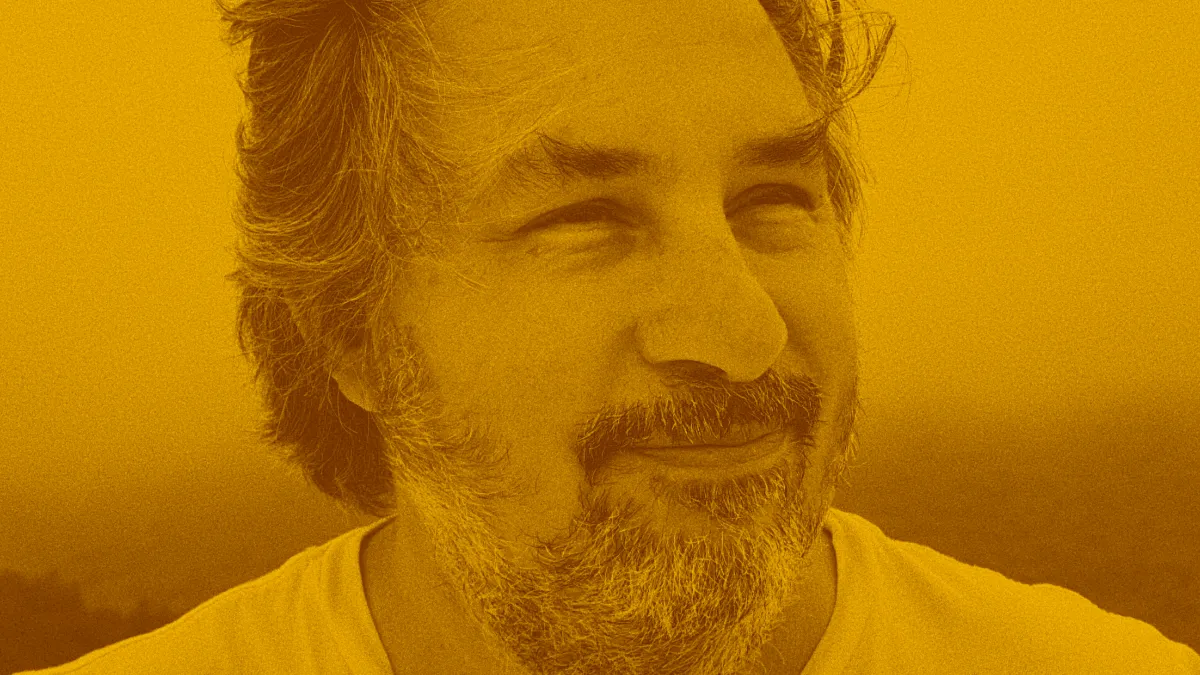Episode 136 of The Informed Life podcast features an interview with Michael Anton Dila. Michael describes himself as a “designer of conversation” and someone with a passion for starting things. Among the things he’s started are ventures in online learning, co-working, and mobile technology. He’s also held several leadership roles in an elite innovation unit in the U.S. Department of Defense.
In this conversation, we discussed his latest initiative, Oslo for AI, which seeks to design better processes for governing artificial intelligence. Michael started by explaining the initiative’s name, which is based on an extra-official parallel negotiation effort during the Oslo Peace Accords in the 1990s:
The reason that I called it Oslo was that I had rewatched a film called Oslo, which is based on a play, which dramatizes the secret Oslo Peace Accords that were orchestrated by a couple of Norwegians, a husband and wife, during the early 1990s when the first negotiations between Israel and the PLO were happening, and Yitzhak Rabin, the Israeli Prime Minister at the time, and Yasser Arafat, the chairman of the PLO, were having their first-ever face-to-face talks and their first-ever serious negotiation at peace.
And the Norwegians saw or believed that process wasn’t going so well, and one of them had an idea about a very different way of doing negotiation and conversation and talked a couple of people from both sides into entertaining an experiment, and taking them away to Norway, just a couple of people from either side, and starting a very different kind of conversation: much smaller, and also one that involved as part of a holistic approach, making relationships as well as doing the daily work of negotiation.
Drawing inspiration from this effort, Michael has designed a new conversation around AI governance.
What [Oslo for AI] wants to do is to create new possibilities for participation. And in particular, it’s described a design process, which over the course of a year will create a set of serial design engagements, in the form of three-day retreats for small numbers of people, eight to twelve people at a time, in different places all over the world. And each time we bring those people together, we will ask those people to work together to contribute to the design of something that we’re calling a constitutional assembly, which is meant to answer the question, “What would it look like if we were to have a constitutional convention in the 21st century, and what would it look like if the context for that constitutional work were the governance of AI and pervasive technology?”
And so, the idea is that we’ll bring these small groups together, give them three intensive days of working on those questions and making a contribution to a design, and at the end of the project, we will assemble those designs into a demo that we can run, which will, as a practical matter, answer the question. We spent a year on this question of what it would look like to design a new way of running a participatory constitutional process. And this is what it looks like. And the hope is that that has something to contribute to the future of governance in the context of AI, not to be substitutional of other structures and institutions of governance but to be contributory and to perhaps add something new and maybe something missing from our institutions and our institutional constructs and their limitations.
The focus of this “constitutional convention” is the role and relation of various AI technologies in societies. Putting aside artificial general intelligence, which is still speculative, AI represents a major disruption to society. How will we manage it in ways that create the most good?
As Michael described the situation, there are many challenges to doing this from within existing structures and institutions, ranging from centralized control of AI by for-profit organizations to language that is rooted in cultures of dominance. Oslo for AI seeks to explore alternate ways of governance that overcome these challenges by inclusive design.
It’s a fascinating idea, and one that likely applies to other areas as well. AI governance just happens to be especially urgent and impactful. I hope you get as much value from this conversation as I did.
The Informed Life episode 136: Michael Anton Dila on Oslo for IA
